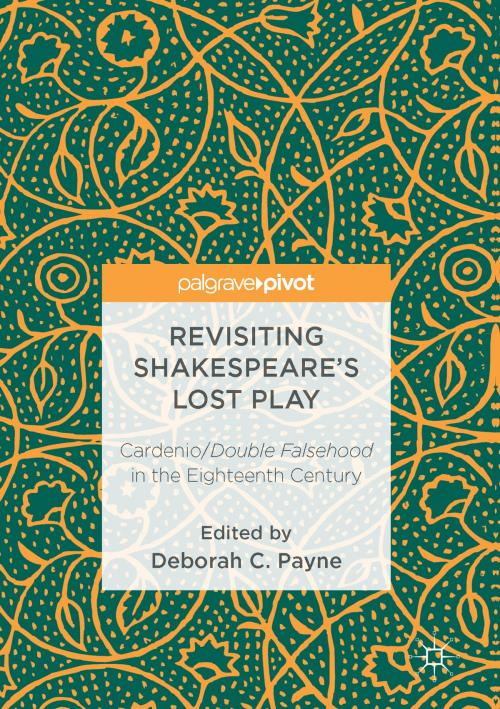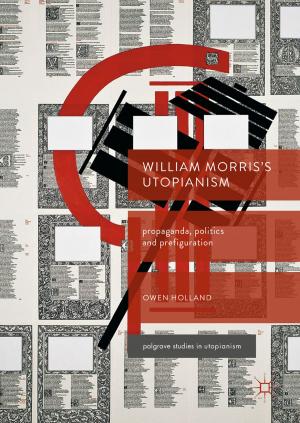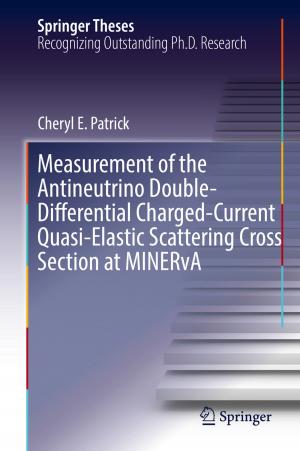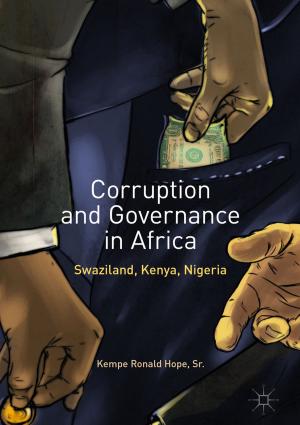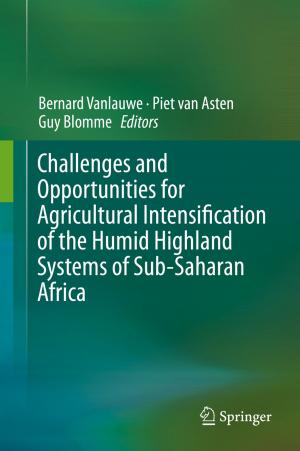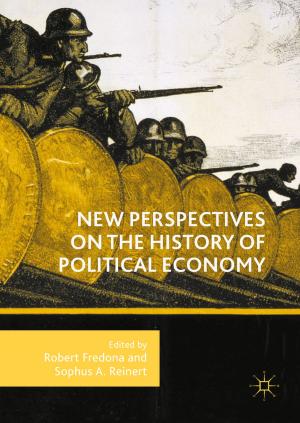Revisiting Shakespeare’s Lost Play
Cardenio/Double Falsehood in the Eighteenth Century
Nonfiction, Entertainment, Performing Arts, Theatre, History & Criticism, Fiction & Literature, Literary Theory & Criticism| Author: | ISBN: | 9783319465142 | |
| Publisher: | Springer International Publishing | Publication: | February 2, 2017 |
| Imprint: | Palgrave Macmillan | Language: | English |
| Author: | |
| ISBN: | 9783319465142 |
| Publisher: | Springer International Publishing |
| Publication: | February 2, 2017 |
| Imprint: | Palgrave Macmillan |
| Language: | English |
This collection of essays centres on Double Falsehood, Lewis Theobald’s 1727 adaptation of the “lost” play of Cardenio, possibly co-authored by John Fletcher and William Shakespeare. In a departure from most scholarship to date, the contributors fold Double Falsehood back into the milieu for which it was created rather than searching for traces of Shakespeare in the text. Robert D. Hume’s knowledge of theatre history permits a fresh take on the forgery question as well as the Shakespeare authorship controversy. Diana Solomon’s understanding of eighteenth-century rape culture and Jean I. Marsden’s command of contemporary adaptation practices both emphasise the play’s immediate social and theatrical contexts. And, finally, Deborah C. Payne’s familiarity with the eighteenth-century stage allows for a reconsideration of Double Falsehood as integral to a debate between Theobald, Alexander Pope, and John Gay over the future of the English drama.
This collection of essays centres on Double Falsehood, Lewis Theobald’s 1727 adaptation of the “lost” play of Cardenio, possibly co-authored by John Fletcher and William Shakespeare. In a departure from most scholarship to date, the contributors fold Double Falsehood back into the milieu for which it was created rather than searching for traces of Shakespeare in the text. Robert D. Hume’s knowledge of theatre history permits a fresh take on the forgery question as well as the Shakespeare authorship controversy. Diana Solomon’s understanding of eighteenth-century rape culture and Jean I. Marsden’s command of contemporary adaptation practices both emphasise the play’s immediate social and theatrical contexts. And, finally, Deborah C. Payne’s familiarity with the eighteenth-century stage allows for a reconsideration of Double Falsehood as integral to a debate between Theobald, Alexander Pope, and John Gay over the future of the English drama.
